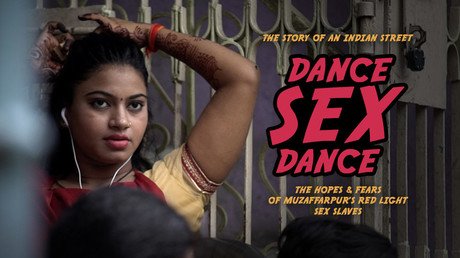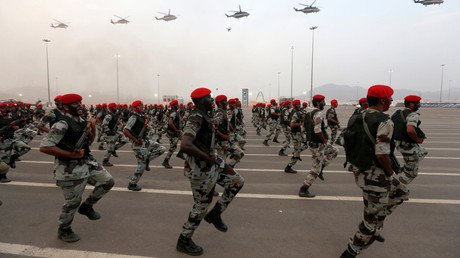US ‘lost all sense of shame’ in handling Venezuelan crisis – Lavrov
Washington has no “sense of shame” in its response to the Venezuelan crisis, Russia’s foreign minister has said. He also lambasted the US-backed opposition for derailing talks with president Nicolas Maduro.
The latter signaled he is ready to have a face-to-face with his opponents in case they needed to be heard by the government, but the opposition chose to neglect the offer, “probably because they are guided by the US,” Sergey Lavrov commented on Tuesday.
American politicians “have lost all sense of shame when speaking of the way the situation in Venezuela should be dealt with,” he argued.
While the remark by Russia’s top diplomat might sound over-emotional, various Washington officials indeed weren’t shy to suggest what should happen next to Venezuela. The Trump administration, for instance, continuously signaled that it was weighing up all actions against Venezuela, including military intervention.
In the meantime, Washington denied the mere possibility of talks with the Caracas government. As the State Department’s neocon appointee Elliott Abrams has put it, “the time for dialogue with Maduro has long passed.” In his view, Maduro could “manipulate” any negotiations to his advantage.
At some point in the crisis, Washington also slapped sanctions on the state oil company, PDVSA, and its US subsidiary Citgo. Aside from that, the White House also promised $20 million in ‘humanitarian aid’ to the fledgling government of Juan Guaido, the self-proclaimed interim president of Venezuela. Notably, the UN and the International Red Cross (ICRC) have issued concerns that the US may misuse the delivery for own political goals.
“We will not be participating in what is, for us, not humanitarian aid,” Colombia’s ICRC spokesperson, Christoph Harnisch, said recently.
In a separate move, the opposition leader obtained access to Venezuelan assets held in US banks. On the political front, the US and European allies have been pressuring Maduro to set up a snap election, a demand that he rejected.
While resisting overwhelming Western pressure, Maduro has consistently said he believes in “dialogue and mutual understanding” between all Venezuelans.
“[The] 21st century is a bad time for cannon fire and military intimidation,” he told RT in early February, adding, “it should be a century of dialogue, civilization, politics and respect [for] diversity.”
Meanwhile, nations such as Russia, China, Turkey, and Iran have thrown their weight behind Maduro, still recognizing him as the legitimate president and warning against foreign interference.
Think your friends would be interested? Share this story!














